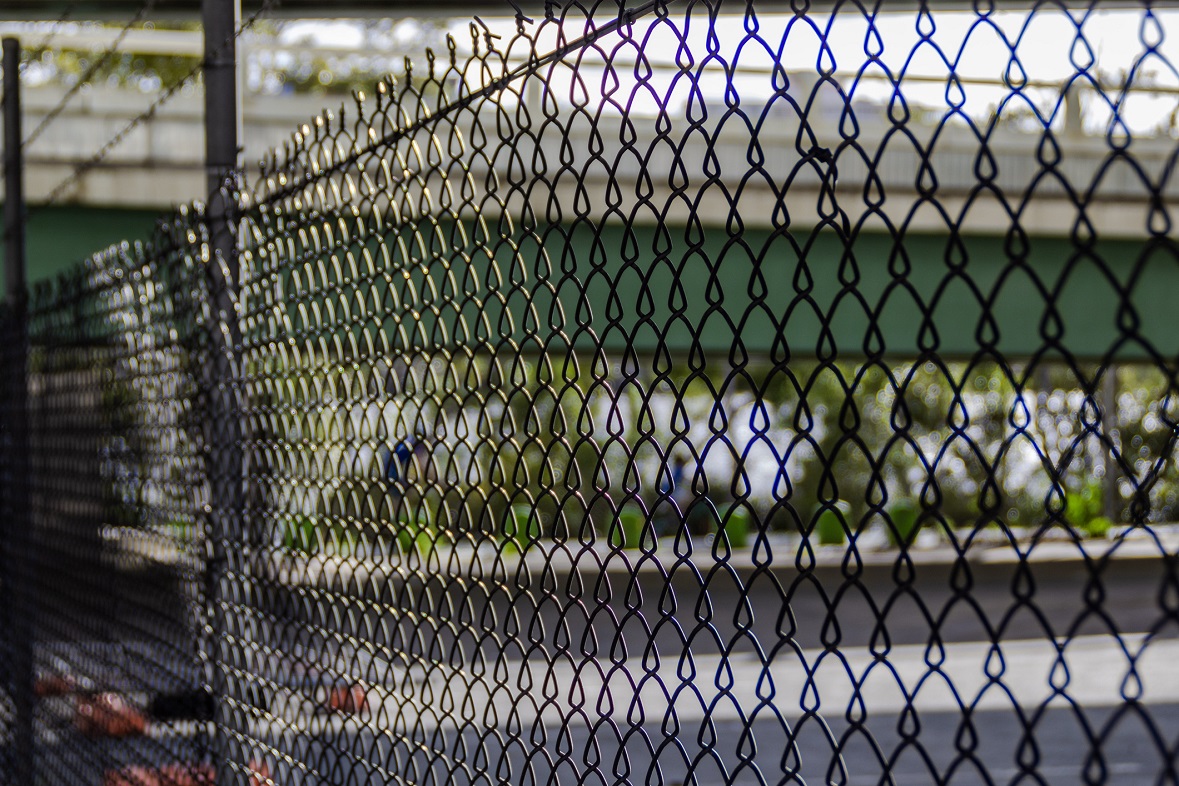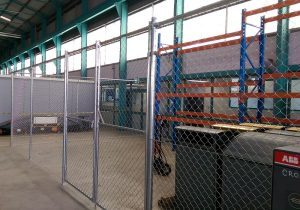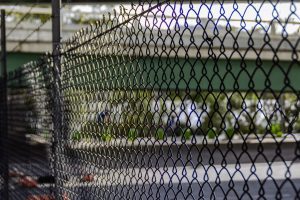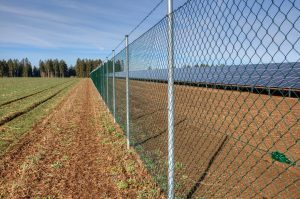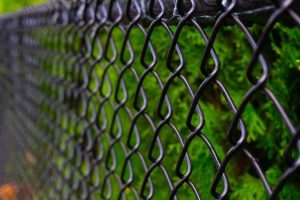Whether you’re securing your backyard, a sporting ground, or an industrial area, chain wire fencing is a trusty option. But, as with anything, it’s not exempt from issues. Not to worry though! We’re diving deep into the common problems you might face with your chain link fencing and offering some thorough solutions. If you feel that your chain wire fence repairs may be tricky, please call us for a free assessment and quote.
1. Sagging Fence
Problem: Time and the elements can cause your fence to sag, making it less effective and not as visually pleasing.
Solution: Inspecting your fence regularly (say, every couple of months) can nip this issue in the bud. If sagging starts, it’s often a matter of tension. Invest in a fence puller or stretcher. This tool will help you apply the right force to get your fence back to its taut best. Then, reattach it to the fence posts using wire ties, cable or clips.
2. Corrosion and Rust
Problem: Australia’s diverse climate means parts of our country can be quite wet, leading to rust issues, especially if the fence isn’t treated properly.
Solution: Galvanised or PVC-coated chain wire fences are your best bet – so if you are still considering purchasing a new chain wire fence, go for this finish. If your chain link fencing has been there for a while and rust does form, don’t just paint over it. Give it a proper scrub with a wire brush to remove as much rust as possible then once you’ve got a clean surface, rust-proof paint or sprays can seal the deal. Remember, prevention is better than cure, so consider this step even if rust hasn’t shown its face yet.
3. Damaged or Bent Links
Problem: Chain wire fence has damaged and broken links in the wire.
Solution: Whether it’s a stray cricket ball or a kangaroo on the hop, bent links can happen. More often than not, you can reshape these links back to their original state with a pair of pliers. Get yourself a quality pair and practice if you’re new to the game. If a link is beyond repair, it’s straightforward to replace. Simply cut out the damaged section and weave in a new piece, ensuring it’s securely tied in place.
4. Vegetation Overgrowth
Problem: Vegetation and weeds are growing through chain wire fencing.
Solution: Nature has its way of creeping in, and sometimes that means through your fence and regular garden maintenance is key. Trim shrubs, trees, and weeds near your fence. For a longer-term solution, think about installing a garden bed or path as a buffer between the fence and the plants. A weed mat or barrier can also do wonders to keep unwanted growth at bay.
5. Loose or Leaning Posts
Problem: Chain wire fence is starting to drop or posts are starting to lean.
Solution: The strength of your fence is as good as the posts holding it up and proper installation is a must from the get-go. If your chain link fencing has been there for a while and you are noticing a lean, use a spirit level to ensure the posts are straight. If they start leaning over time, it might be a foundation issue. Carefully digging around the post, resetting it, and pouring fresh concrete can often set things right. Let the concrete cure properly before reattaching the fence. Please note that it is important to ensure there are no underground services near your fence post when digging – please contact us if there are any underground services along your fence line as a professional assessment needs to be done.
6. Security Breaches
Problem: A fence is there to keep things in or out, but sometimes intruders have other ideas.
Solution: Regular checks can spot potential weak points. For added security in commercial and industrial properties, barbed wire or cranked posts can be an effective deterrent against climbers. Lighting up the perimeter with motion sensor lights or having CCTV cameras can also give you peace of mind and ward off unwanted visitors.
7. Animal Damage
Problem: Some critters love to dig, and others fancy a nibble on your fence and some puppies love pushing into your fence and bowing the wire strands out.
Solution: For burrowers, installing the fence deeper into the ground can be a lifesaver. Alternatively, laying chicken wire or mesh at the base and burying it slightly can deter diggers (this is particularly important for livestock fencing to deter foxes). For the nibblers, try safe animal repellents or, in extreme cases, consider an electric fence charger to give them a gentle nudge away. For fences that have bowed out, please see section 1 to retension your chain wire.
Wrapping up, a bit of regular TLC can keep your chain wire fence standing tall and doing its job perfectly. No matter your location within Queensland, these tips should help you tackle any fencing challenge that comes your way, if you feel like you would like a professional consultation on the condition of your fencing – please feel free to contact us. Stay safe, and happy fencing!
